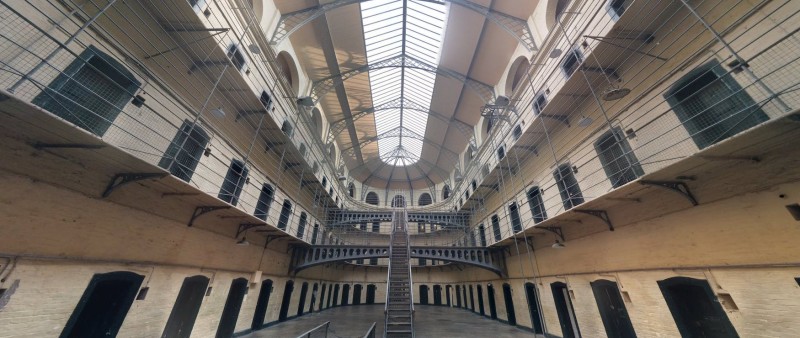This may result in the release of thousands convicted of graft around the world.
In Indonesia, the Minister of Law and Human Rights faced criticism according to a Jakarta Post article on Thursday by anti-corruption activists for his plan to release 50,000 inmates, including over 300 who are serving sentences for corruption and are older than 60.
The country has already released 30,000 of its inmates, according to other reports also released on Thursday.
Donal Fariz, a member of Indonesia Corruption Watch, criticized the minister for taking advantage of the pandemic to clear sentences of serious acts of corruption by disguising them as minimal offense. He argued that this decision is likely to be a serious blow to a country that has been plagued by widespread corruption.
Others at the organization argue that those facing charges for corruption will not worsen the spread of COVID-19 in facilities, as most are confined to an entire cell to themselves.
Around the globe, other countries are facing similar dilemmas.
In the United States, which has the largest worldwide prison population, there have been reports that certain states are already releasing prisoners, and that governors and district attorneys are publicly demanding that states stop incarcerating non-violent offenders.
Other countries remain unwilling to consider such options.
Human Rights Watch released a statement on Thursday, urging Eritrea to release all its political detainees. The group pointed out the case of Ciham Ali, a young woman who was “arbitrarily arrested for allegedly criticizing the government.”
Ali was arrested when she was 15. She just turned 23 and has been serving an indefinite sentence without a trial which is described by Human Rights Watch as “the norm for detainees in Eritrea.”
Many human rights organizations have been urging Eritrea to release her but “with the threat of COVID-19 hanging over the scores of detainees held in prisons, the call seems even more poignant,” Human Rights Watch said.
UN High Commissioner for Human Rights Michelle Bachelet released a statement last week, saying that “imprisonment should be a measure of last resort, particularly during this crisis.”
“Now, more than ever, governments should release every person detained without sufficient legal basis, including political prisoners and others detained simply for expressing critical or dissenting views,” Bachelet said.






